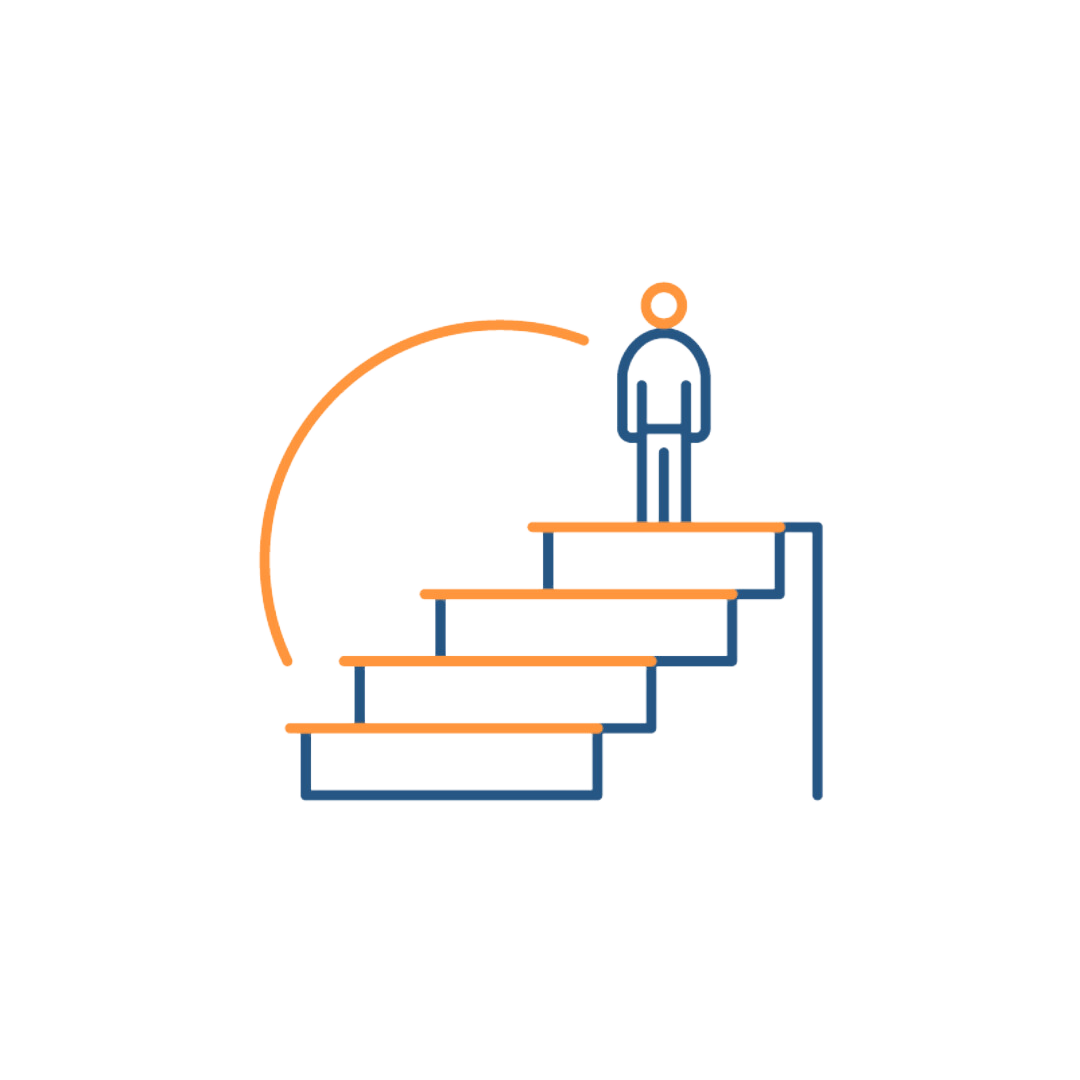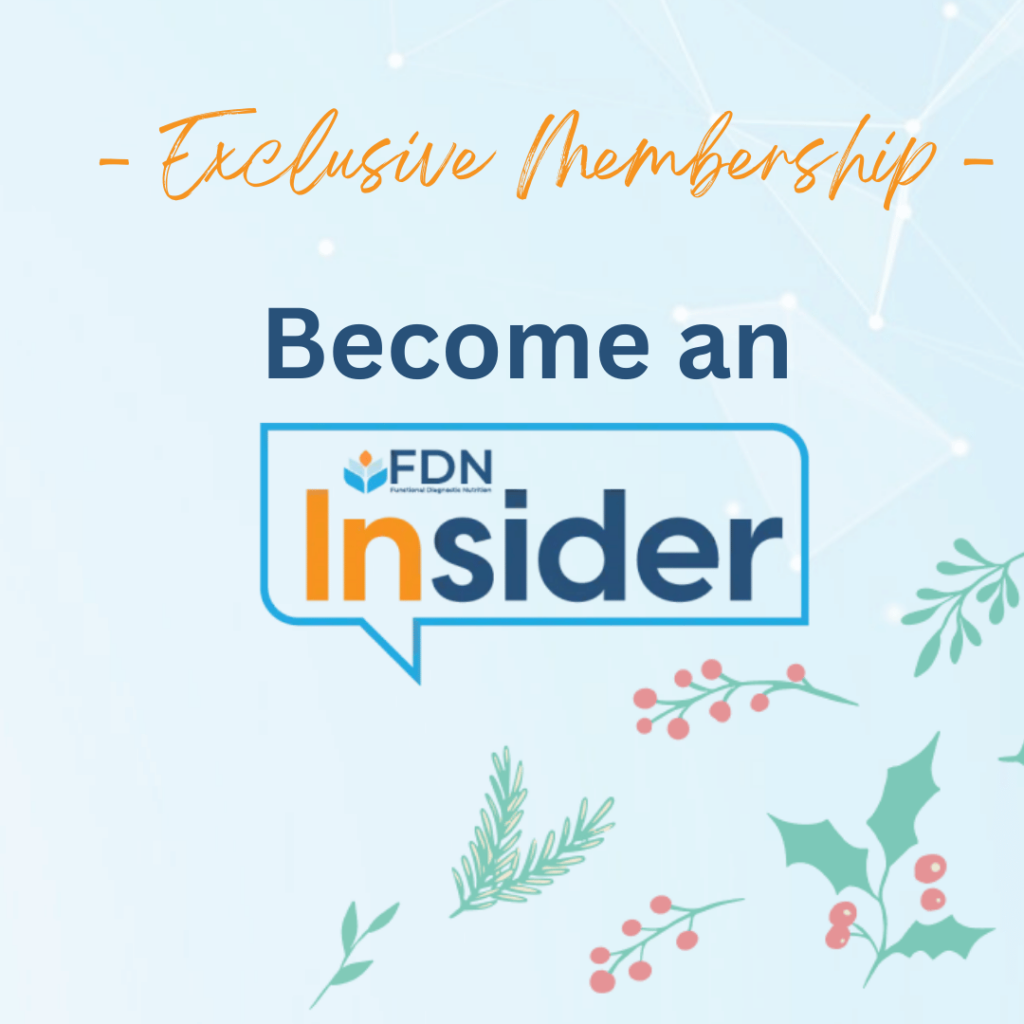

Are you a health and wellness practitioner looking to deepen your impact? Discover how to empower your clients to achieve lasting change with our comprehensive Behavior Change Coaching Course.
As a practitioner, you know that knowledge alone isn’t enough to help clients transform their lives. True, lasting results come from behavior change—and that requires skillful coaching. This course provides you with:





Lesson 1 – Identifying Time Waster
The first step in mastering client transformation is learning to identify which clients are truly ready to change. Not everyone who seeks your guidance will be prepared to commit to the lifestyle adjustments necessary to achieve their health goals. By filtering for readiness at the outset, you can save yourself and your clients time and energy, setting the stage for a productive coaching relationship.
Lesson 2 – Turbo-boosting Motivation Before You Start
In this lesson, we’ll explore the essential role of building rapport and how to use the S.C.O.R.E. Coaching Model to set the foundation for lasting change. The goal is to boost motivation by creating a supportive relationship and a clear vision of the client’s path from where they are to where they want to be.
Lesson 3 – Turbo-boost Your Income
In this lesson, you’ll learn actionable strategies to increase your income as a health coach. We’ll explore practical ways to expand your client base, boost engagement, and use the S.C.O.R.E. Sales Close technique to guide clients toward your programs as a natural outcome of your coaching.
Lesson 4 – The Empowerment Tool
In this lesson, we’ll introduce The Empowerment Tool—a method designed to give clients the confidence and motivation to take charge of their lifestyle changes. By applying the tool, you’ll increase the likelihood that clients will follow through on their agreed actions, ultimately achieving their goals. This approach not only empowers clients but also reduces the frustration that can arise when lifestyle changes aren’t completed, leading to better outcomes for both you and your clients.
Lesson 5 – Motivation Continuation
In this session, you’ll learn how to maintain your client’s motivation throughout their program journey. The “Motivation Continuation Technique” is a structured approach to ongoing follow-up coaching, to help clients stay engaged and overcome obstacles while achieving their goals. By using this method, you can prevent clients from dropping out, reduce your own frustration, and sustain a successful practice
Lesson 6 – Behavior Style
In this lesson, we’ll explore the DISC Communication Tool, a method for adapting your communication style to align with each client’s unique behavior style. This approach, based on the DISC behavioral model developed by psychologist William Marston, allows you to communicate in a way that resonates with clients’ natural tendencies, increasing their likelihood of success in the program.
Lesson 7 – Learning Styles
To effectively educate your clients, it’s beneficial to understand their preferred learning style. This knowledge allows you to tailor your communication and resources, helping clients absorb information more effectively.
Lesson 8: Core Values
Core values are fundamental beliefs that shape our decisions, behaviors, and attitudes. They act as internal guides, helping us determine what is meaningful, acceptable, or fulfilling in our lives. By identifying and defining their core values, clients can gain clarity on what they genuinely want, helping them make choices that align with their personal and health goals. This alignment becomes essential in fostering consistency and commitment in their wellness journey.
Lesson 9 – Priority Management
Put First Things First. In this lesson you’ll be introduced to Steven Covey’s 4 Quadrants of Time Management. Covey’s matrix encourages individuals to focus on important tasks rather than merely urgent ones. This approach supports effective time management and enhances long-term goal achievement
Lesson 10 – The Bio-Psycho-Social Mode
In this lesson you’ll learn about the biopsychosocial model. This is a holistic approach that considers how biological, psychological, and social factors interact to influence an individual’s health and well-being. For Functional Diagnostic Nutrition Practitioners (FDN-Ps), this model provides a comprehensive framework for understanding clients’ choices and supporting them in making healthier, sustainable decisions.
Lesson 11 – Wilbur’s Integral Mode
In this lesson we’ll cover Ken Wilber’s Integral Model, also known as AQAL (All Quadrants, All Levels), is a multi-dimensional approach to understanding human behavior and change. This model integrates various aspects of reality and experience, offering a holistic framework that considers psychological, social, cultural, and systemic factors. When applied to behavior change, the Integral Model emphasizes addressing all aspects of an individual’s life for sustainable transformation
Lesson 12 – Survival Archetypes
In this lesson you’ll learn about survival archetypes. Rooted in Carl Jung’s concept of universal archetypes, survival archetypes represent deep-seated psychological patterns that influence how individuals respond to challenges, particularly health-related changes. Recognizing and working with these archetypes can help you, as an FDN-P, guide clients through behavior change by addressing the subconscious patterns that may be impeding their progress.
Lesson 13 – Extra Tools for Your Toolbox
In this lesson, you’ll learn additional tools to help clients who are struggling to stick to their health programs due to roadblocks like self-sabotage, excuses, and resistance to change. These tools are designed to address these challenges and provide practical solutions for improved compliance and progress.
Lesson 14 – Putting It All Together: Key Coaching Principles
This final lesson synthesizes the essential coaching strategies and tools covered throughout the program to build a structured, client-centered approach. By integrating these tools methodically, you can guide clients more effectively toward sustained behavior change and success
There is a total of 7 hours of content, although practise of the techniques are advised.
$497
No, this course is available to anyone who wishes to enroll.
Yes, while designed for practitioners, the course’s techniques and tools could also empower non practitioners to improve their health by teaching them how to create lasting habits and overcome obstacles to behavior change
This course will help your clients by equipping you with the skills and tools to guide them through behavior change, overcome barriers, build sustainable habits, and take ownership of their health journey for lasting results.


Get our free 3-step guide to getting real results for you and your clients by filling out your info below.